Zimbabwe reform
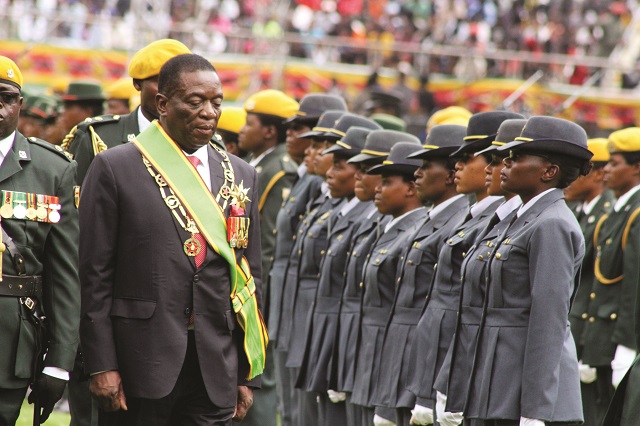

President Emmerson Mnangagwa inspects a parade mounted by the Zimbabwe Defence Forces at his inauguration at National Sports Stadium in Harare – (Picture by Tawanda Mudimu)
Christopher Farai Charamba, Political Writer
A new leader was inaugurated in Zimbabwe last Friday. President Emmerson Mnangagwa took his oath of office in front of thousands of Zimbabweans and foreign dignitaries at the National Sports Stadium.
The atmosphere was buoyant. Jah Prayzah captured the jubilant mood of the crowd and gave them back something to dance to. His album Kutonga Kwaro had been the unofficial soundtrack of the military intervention period dubbed Operation Restore Legacy.
In his speech President Mnangagwa struck the right chords. “Jobs, jobs, jobs,” he declared. That is to be a key focus of his administration.
He also spoke about the need for the civil service to reform, a message he echoed on Tuesday when he addressed the permanent secretaries and stated that he shall have a leaner and more efficient cabinet.
The President also spoke of creating an environment that would boost investor confidence. He mentioned that the banks needed reform, as well as his intention to pursue the policy of Special Economic Zones.
“Our prime focus should thus be on the implementation of practical solutions to grow our economy, create jobs, and boost the incomes of our people,” he told permanent secretaries.
Many would argue that Zimbabwe was overdue for leadership renewal and in the first few days under President Mnangagwa’s curatorship, there is a sense of hope and confidence that he will be able to effect an economic turnaround.
The money market actually showed its excitement to the succession of former President Mugabe as the unofficial rate for the bond note fell from $1.90 to $1.30. There is however still a lot of work to be done, and while the talk from President Mnangagwa sounds fantastic, it is his actions that will define whether the situation improves or not.
But we have to realistic as well in our expectations, the turnaround will be a process not an event.
Appointees to Cabinet will be the first good indicator of the new direction this administration – which will govern for some eight or nine months – will go.
Another indicator will be the budget which is expected next Thursday December 7. Although still likely to be in the region of $4 billion, how it is allocated will hint at priority areas and with a smaller Cabinet, key ministries can benefit from more resources.
Under normal circumstances, when a new leader comes into office the first 100 days are often the grace period allotted for one to gauge the direction and potential impact of the administration’s tenure.
For President Mnangagwa that timeline is going to have to be scaled down because of the impending election next year. The masses are expectant and in the age of instant satisfaction, to embolden his electoral odds, positive change will be expected.
This new period of Zimbabwe’s trajectory shall hopefully be one filled with reform. The deeds should outshine the rhetoric and institutions should be placed in higher regards than individuals and personalities.
In order for there to be significant change, the media in Zimbabwe will also have to reform and take on a role that focuses on what is being done. It is going to have to be more than sensational headlines but critically engage with what the politicians are saying to show whether such is practical and feasible.
Academics have argued that the media takes on three important democratic duties; that of a ‘watchdog’ that serves to keep the government accountable. It fits with the notion of the fourth estate providing additional checks and balances to the corridors of power by reporting on incidents where power is abused.
The media is also seen as an important means of providing people with information. The 18th Century American President Thomas Jefferson spoke on the importance of the people being aware what their government was doing, so as to safeguard public liberty, and the media as an instrument to furnish them with such information
“The way to prevent these irregular interpositions of the people is to give them full information of their (governers’) affairs thro’ the channel of the public papers, and to contrive that those papers should penetrate the whole mass of the people.”
People are also expected to make decisions every so often and therefore if they are provided with correct information they can make rational choices.
Finally, the media are supposed to represent the different voices and opinions within society. They should be a platform where issues are argued and there is an exchange between various groups in society so that there is a competition of ideas and the best ones can be selected.
These are theoretical and normative but are quite useful for the media as they think about the role they would like to play under this new administration.
Speaking on Operation Restore Legacy, President Mnangagwa twice stated that “the voice of the people, is the voice of God.”
It is likely to become one of his popular catch phrases and although populist magniloquence, the media can use this to their advantage. They can work towards capturing the voice of the people and measuring it up against government policy and rhetoric.
Investigative journalism is another aspect that needs to be enhanced. The President has given a three-month grace period to those who looted funds to return them to the RBZ.
This is a perfect opportunity for the media to investigate where money was looted from, the impact it has had on the economy and what measures need to be put in place for such to not happen again.
There should be a collective responsibility to the people of Zimbabwe in this new period that the country enters and as a power player in society, the media should discharge their duty with courage and integrity.

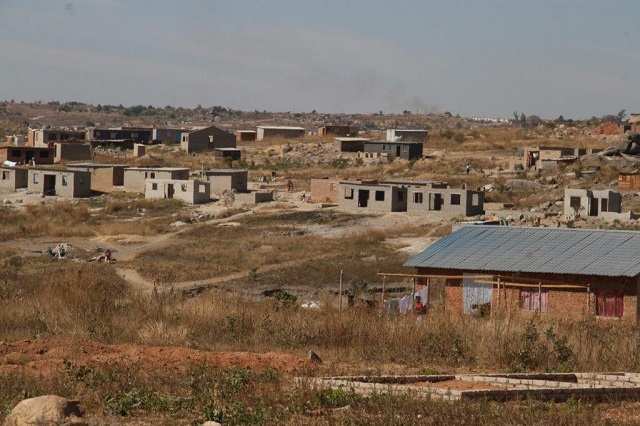
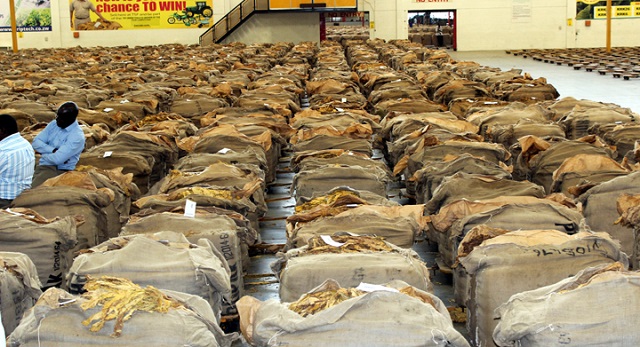

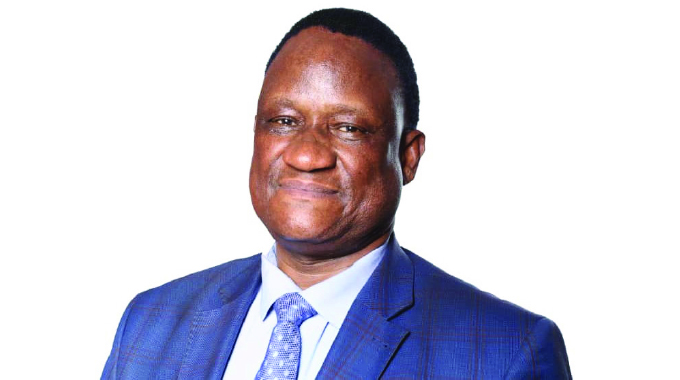
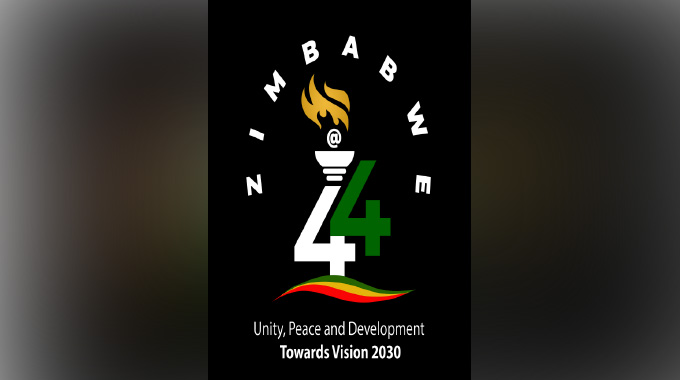




Comments